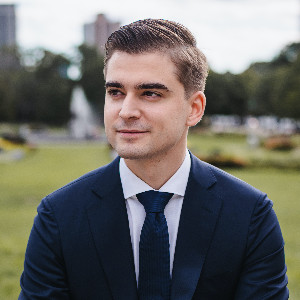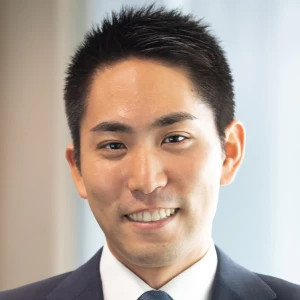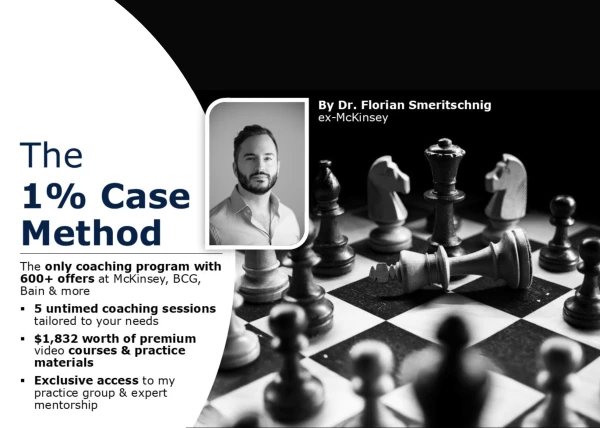So I just had my first round second interview with McKinsey. Interestingly it was an interview with an associate partner.
The interviewer pointed out at the start that I had a generic framework approach which I would argue is not entirely true. While the profitablity buckets were Revenues and Costs (generic) within this, I had expanded tailored to the industry and business specifically.
Example: Integrated business so variable costs were different, High end products so associated branding and packaging costs. On the revenue side, since it was a revenue increase concern, I split it into existing, new, and inorganic and expanded within that.
The interviewer then proceeded to ask me the 'what else' question 5 times for revenues and 3 times for costs. Each time appriciating my diverse ideas however, consistently asking for more.
As a result, my question is, when presenting a framework we have 1-2 minutes, was this just the interviewer pressuring me to see if I could think wide or was there an issue with the framework.
Note: I understand this is inadequate detail, so please do let me know what further information you would need, thank you!
















